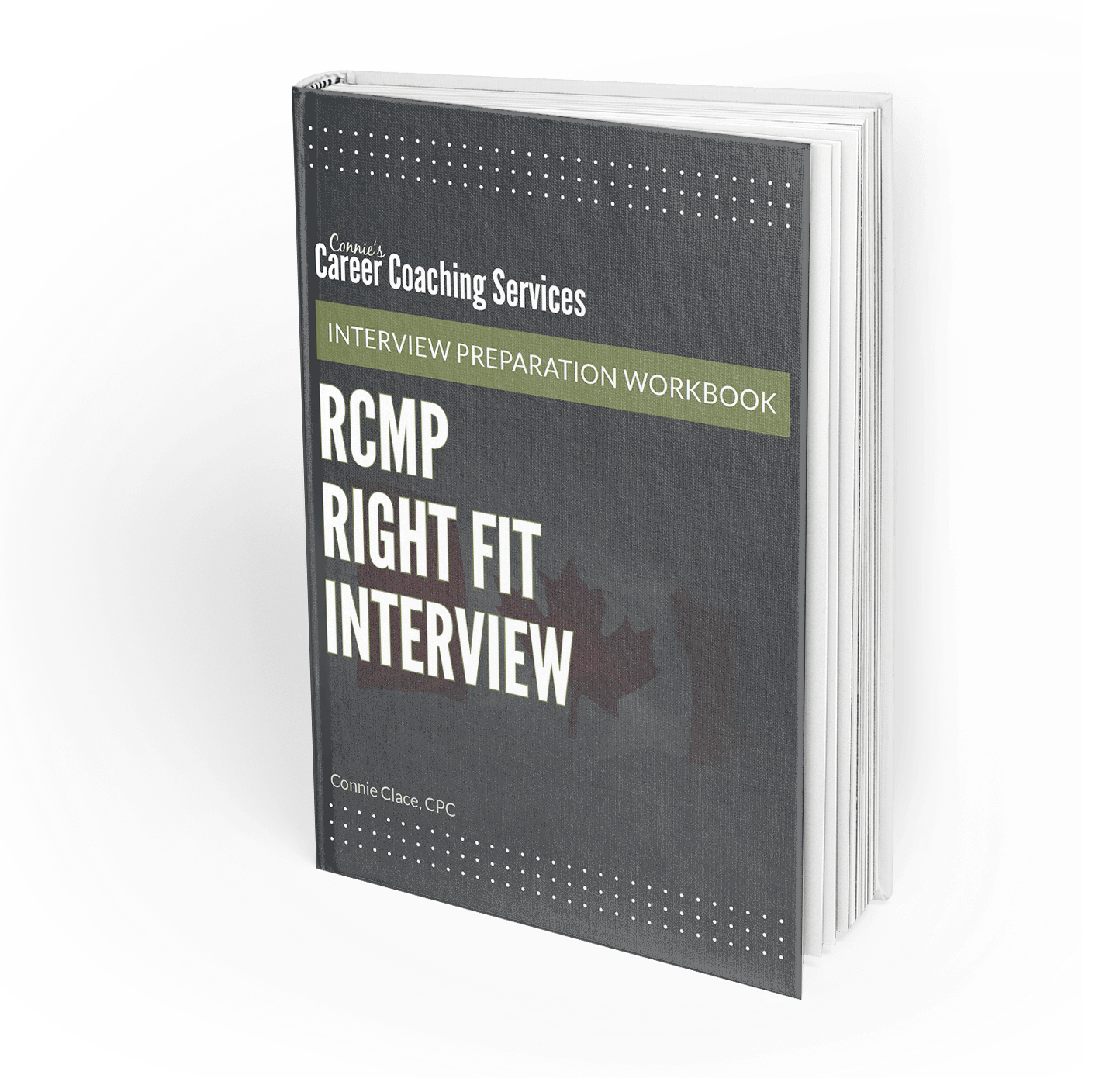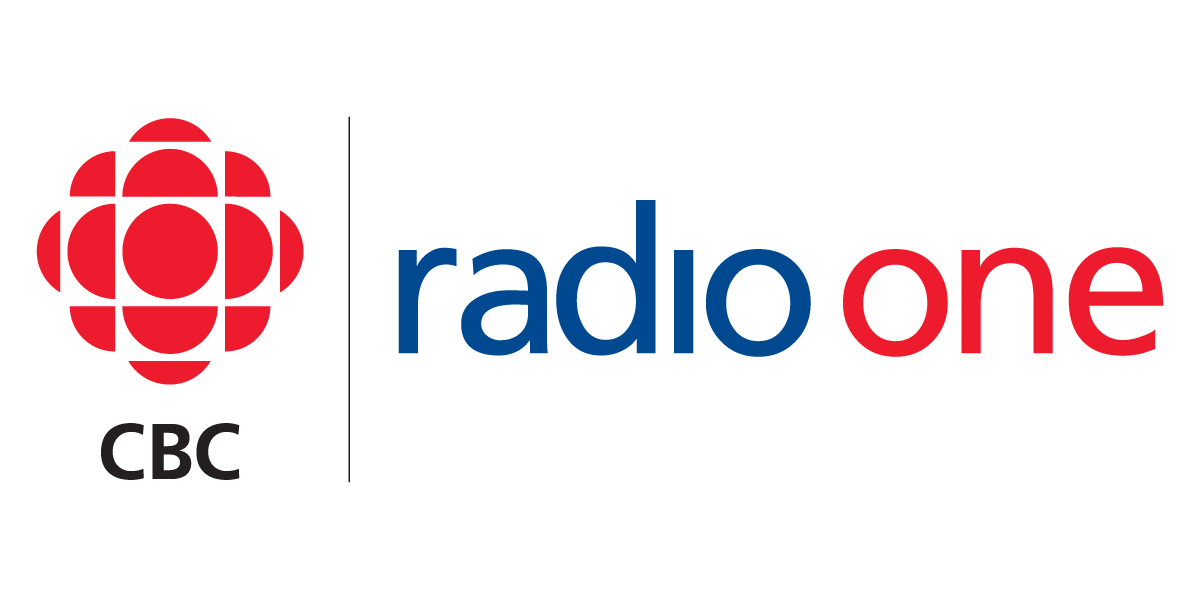“Tell me a bit about yourself.” Have you ever gotten that question in an interview? How did you respond? Were you prepared or did you answer the question with the first thing that came to your mind.
This is one of the simplest questions that you might get during an interview, yet it seems to be one of the hardest ones to answer. What is the interviewer looking for when they ask this question? What exactly is the interviewer trying to get? The question is actually used to accomplish a couple of things. First off, the interviewer wants to make you feel comfortable and at ease, and get a dialogue going. Typically, if they are going to ask this question, it will usually be the one with which they open the interview. But the question is designed to give the interviewer more than just an opening line. They are trying to learn about you. They want to get to know who you are and if you’re a good fit for the job.
So, how should you answer it? Should you talk strictly about your professional background or should you include something more personal? Well, the answer to that question is “Yes”. You should highlight some big-ticket items about your professional experience, but you can also share a little something interesting about yourself. Remember that you are not obligated to provide personal information like your age, religion, etc. If you choose to give a bit of personal information, make it something this is interestingly different, like an exotic trip that you once took and how that experience has developed additional useful skills.
To answer this question well, you must be prepared for it. Don’t walk into the interview not knowing what you would say if you do get asked the question. Some people refer to this as your elevator pitch. It’s about 60 seconds of key information that you want to ensure the interviewer learns about you. But it’s not just a rehash of your resume. They have hopefully read your resume and that’s what got you to the interview stage. This is where you give them highlights that will relate to the position for which you have applied. Information that will make them want to learn more about you as they continue along with the interview.
- Start with an overriding statement of your professional experience, i.e. how many years of experience you have in the field that relates to this job, and what you have accomplished during those years.
- Delve into a few highlights that will provide additional valuable information, i.e. awards won, increased sales, non-profit accomplishments, community service successes, etc. Anything that can demonstrate how this experience will help you do this job well.
- You could include volunteer experience that might validate and enhance the skill set that you have as it relates to this position.
- End the elevator pitch with why you want this job. But remember, don’t say anything negative about your current or past jobs. You certainly don’t want to say that you hate your boss, or you don’t like the commute to your current job. You want to emphasize that although you like your current job and it has provided you with a number of developmental opportunities, you are ready for a career change and an opportunity to contribute in a new way.
Remember, this is an elevator pitch. This is the blurb you would give to someone who could be given in the time that it takes to ride up in an elevator. Don’t make it too long, but make sure you have good quality information. You will be able to elaborate on more of your experience as the interview proceeds.
If you are still not sure how to approach this important phase of the interview, don’t be afraid to reach out to experienced interviewers to get their insight, or engage the services of an experienced Certified Professional Career Coach who has an expertise in interviews, to help you formulate your elevator pitch. Keep in mind that you may require a different answer for each interview, as you want to ensure that each story is targeted to the specific areas required for the job. And the more you practice this answer, the more natural and unforced it will sound in an interview.
Do you know someone who is faced with this challenge? Feel free to share this post by using the share links at the top of this page. Also, if you’d like more interview tips, feel free to check out the interview resource page.


Leave a Reply